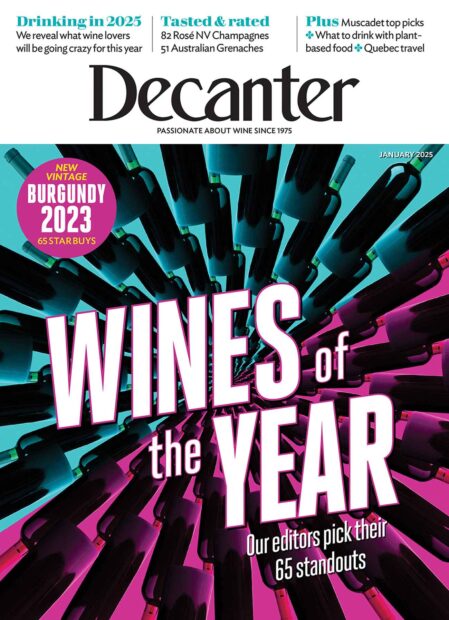Chinese officials have seized and destroyed thousands of bottles of Spanish wine after a health scare involving excessive levels of iron.
Containers at Xiamen Port
Reports from Xiamen Port said the wine, thought to be solely dry-whites, could have caused ‘iron poisoning’ and ‘wrought havoc’ on the health of anyone drinking it.
Customs officials have declined to identify the producer or producers affected, but destroyed 375 cartons of wine, containing 2,250 bottles, weighing 1.7 tons.
According to website What’s On Xiamen, the Haicang Inspection and Quarantine Bureau carried out checks on samples from a batch of the wine, finding iron levels in some products up to 50% above the maximum permitted levels.
The seizure comes just months after Cognac shipments into China were impacted by a health scare involving phthalates, plasticising compounds linked to hormone depletion in humans.
The discovery of high levels of phthalates in local spirit baijiu led to a tightening of the rules and delays at Customs for leading Cognac brands such as Rémy Martin and Frapin.
Xiamen, also known as Amoy, on China’s south-east coast west of the Straits of Taiwan, has become the country’s leading wine import hub in recent years, accounting for more than 40% of wine shipments into China.
The largest wine distribution hub in Fujian Province, it dealt with more than 10m litres of imported wine in 2011.
Written by Richard Woodard







